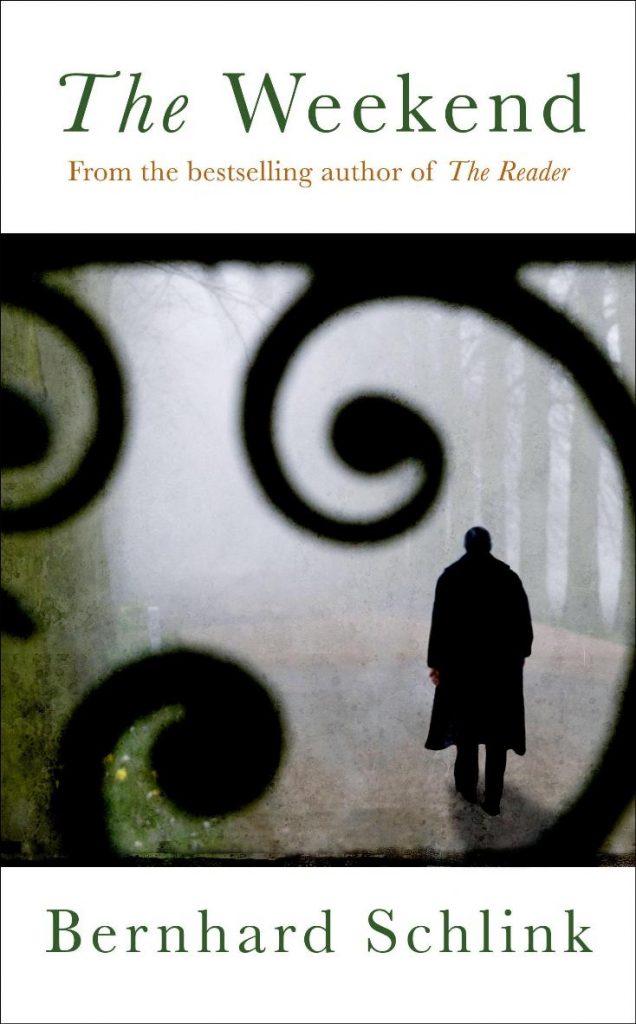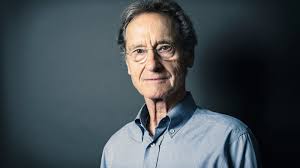The Weekend, Bernhard Schlink, Germany, 2008
Jörg has just been released from prison after twenty-four years. Involved with the Baader-Meinhof movement (a far-left group, which was part of the Red Army Faction) in the 1970s, Jörg was later convicted of murder and terrorist activities after an unknown person gave the authorities information as to his whereabouts. During his time in prison his older sister, Christiane, has kept in constant contact with him, and it is she who collects him from prison.

Christiane has arranged a weekend at her home in the country for a number of people, some of whom, decades ago, sympathized with Jörg’s views, while others, children of sympathizers, were not even born when the group was active. One young man – Marko – is, however, an ardent admirer.

One of the main questions posed indirectly by the group is whether or not it is possible for a terrorist to resume a normal life after so many years in prison. Christiane is emphatic that Jörg has paid for his crimes and should now be accepted back into society; others disagree. Marko would like to see a revival of the group and a return to the activities of the ’70s and the ’80s; but life has moved on; people have moved on. Things that were burning issues three or four decades ago are no longer seen as important. Some of the group are obviously uncomfortable, having to confront the views and issues that once motivated them.
During the weekend, it becomes obvious who it was who handed Jörg over to the police, and why. The ‘why’, like Jörg’s activities decades earlier, was motivated by a sense of love and a need to do good: in this case, it was to save Jörg from himself; in Jörg’s case all those years ago, it was to save Germany from herself. The ‘why’ is one of the fundamental ideas in the book.

Terrorism is a negative concept, because there are always innocent people who suffer. Nevertheless, at the end of the book, Jörg makes the point that he and the others who were with him wanted to create a better Germany while present-day terrorists only want to destroy. Reflecting on the idea of freedom being part of truth he says: Some people turn it around, so that it’s not that the truth makes you free, it’s that freedom makes things true. In that case there are as many truths as people freely living their lives – that idea scares me; I’d like there to be a single truth.
This is a particularly good book, beautifully written, and it can be appreciated on a number of levels.